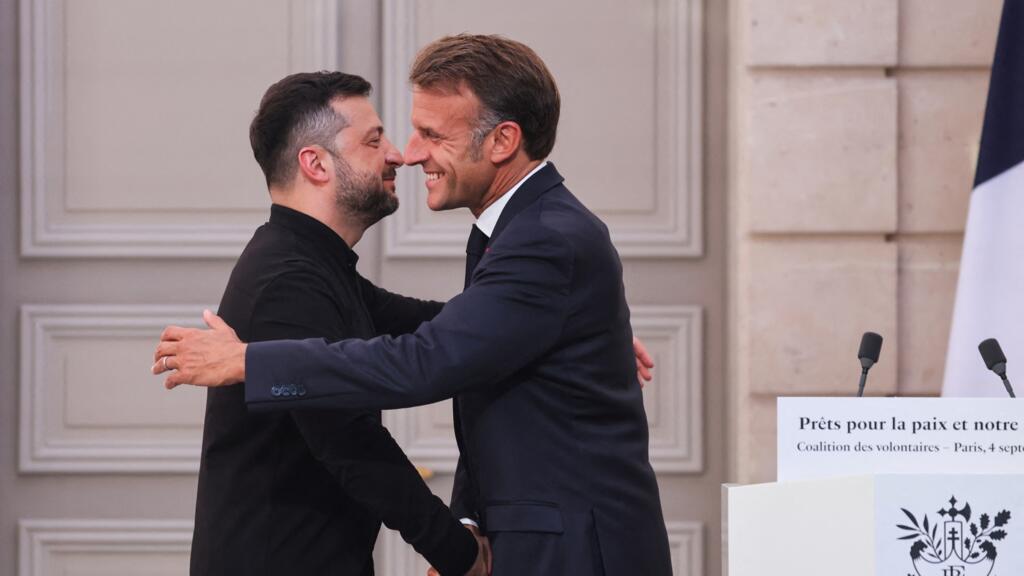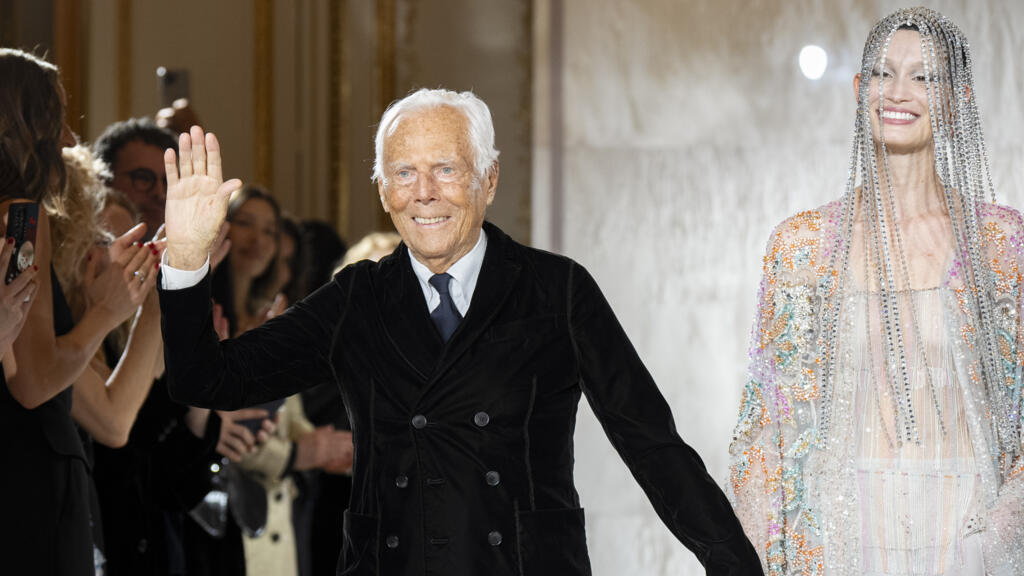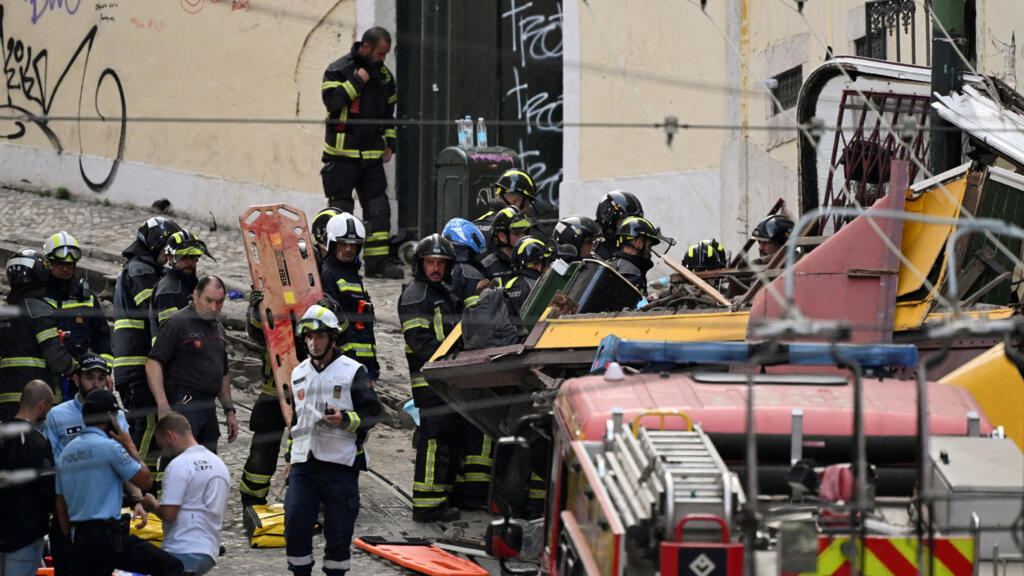French President Emmanuel Macron recently announced that a coalition of 26 countries has pledged military support to Ukraine, aimed at strengthening its defenses in the aftermath of a potential ceasefire deal with Russia. This announcement signifies a significant diplomatic effort to ensure Ukraine's security and sovereignty while navigating the complexities of peace negotiations in the ongoing conflict.
During a press conference, Macron emphasized that the planned military support is designed to ensure security for Ukraine and should not be interpreted as a provocative measure against Russia. This assertion is particularly relevant in the context of heightened tensions between NATO countries and Russia, which have escalated since the beginning of the war in Ukraine. The support from these countries is aimed at acting as a deterrent and building a stable framework for Ukraine's future security needs.
Ukrainian President Volodymyr Zelensky expressed gratitude for this international military backing, characterizing it as a crucial advancement in Ukraine's struggle for territorial integrity and operational independence. He called this move a major step forward, recognizing the importance of solidarity among nations in the face of aggression. Zelensky's remarks highlight the pivotal role that international partnerships play in supporting Ukraine amidst ongoing hostilities.
The commitment from these 26 countries is expected to include various forms of military assistance, which may range from advanced weaponry to training and logistical support. Macron did not disclose the specific types of military equipment or resources that would be deployed; however, it is understood that discussions are underway to finalize these contributions. The involvement of NATO allies and partners in this initiative reflects a unified stance against external threats, particularly from Russia.
In addition to European nations, Macron noted that the United States' backing is anticipated to be finalized soon, further bolstering the international coalition supporting Ukraine. This development underscores the significance of transatlantic ties in reinforcing Europe's defenses and ensuring a coherent response to the ongoing crisis. The US has been a key player in providing military aid to Ukraine since the onset of the conflict, and its anticipated involvement will likely enhance the operational capabilities of the Ukrainian forces.
The diplomatic landscape surrounding Ukraine’s defense is complex and fraught with challenges. The pledges from the coalition of 26 countries come as negotiations for a ceasefire between Ukraine and Russia remain uncertain. Nevertheless, the commitment to military support signals a readiness to act should peace efforts fail or if regional stability is threatened in the future. By building a strong defense posture, Ukraine aims to deter any further aggression from Russia and to solidify its position in any future negotiations.
As discussions regarding the specifics of military support continue, the geopolitical implications of this coalition will be closely monitored by analysts and policymakers worldwide. The strategy appears focused not only on immediate military needs but also on long-term stability and security architecture in Eastern Europe. The intent is to foster resilience within Ukraine while ensuring that aid is not seen as a direct escalation of conflict, maintaining a careful balance in international relations.
Overall, Macron's announcement, along with Zelensky's positive reception, illustrates a growing consensus among allied nations to support Ukraine amid an ongoing and challenging geopolitical landscape. The collaboration between nations in committing resources and strategizing for Ukraine's defense marks a critical moment in the broader context of European security.












